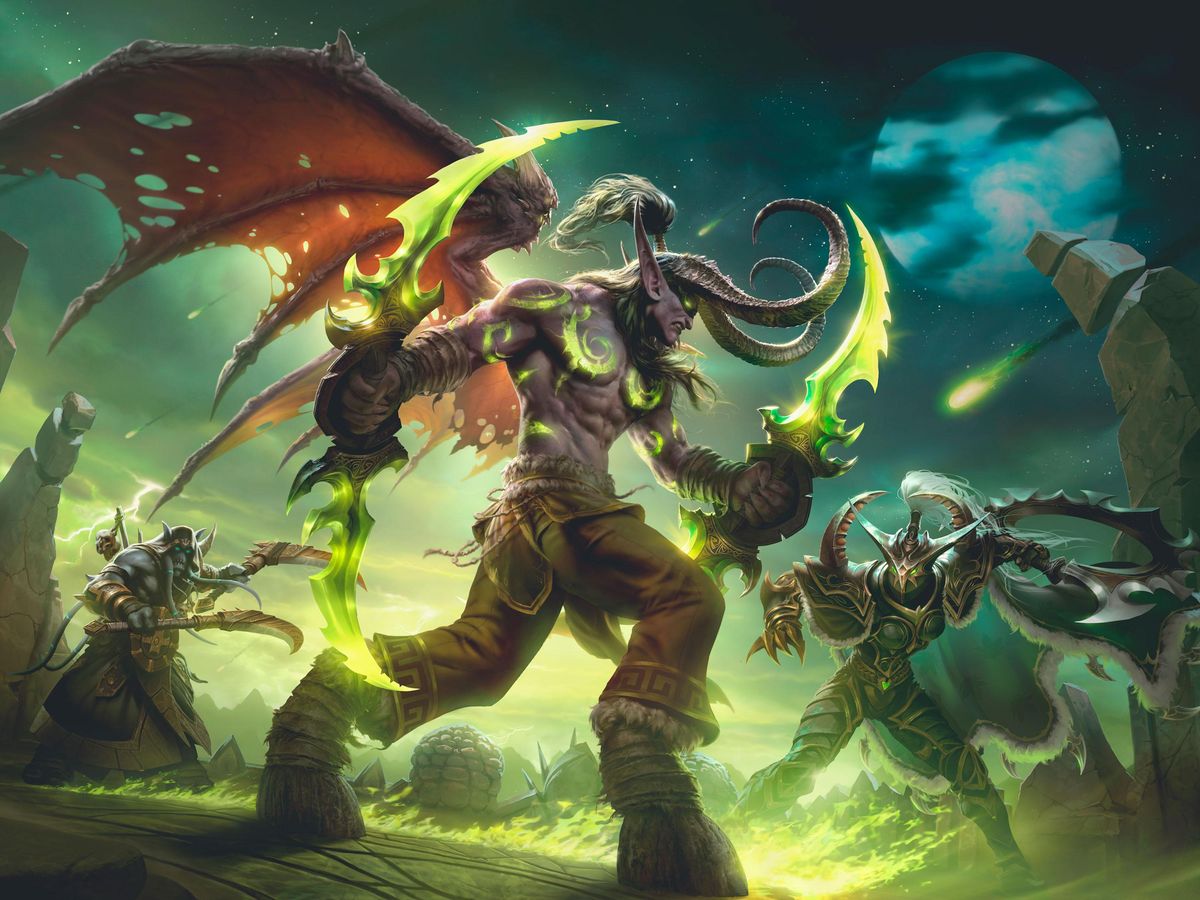Microsoft announced in January it plans to acquire Activision Blizzard for nearly US $70 billion. The deal—the largest ever initiated by a U.S. tech company—was broadly seen as a bet on a metaverse.
It’s true Microsoft CEO Satya Nadella mentioned the metaverse in his official comments on the acquisition. However, Microsoft has so far been reluctant to make a move into consumer artificial/virtual reality, ceding ground to competitors like Sony. Activision Blizzard does nothing to change the story. It’s the sixth-largest entertainment company in the world (by market cap), but it lacks strength in AR, VR, or the metaverse.
Microsoft’s immediate goal is more old-fashioned. It wants to take over your living room.
The company’s obsession with the living room began in 1990s when, for a moment, technology pundits thought the PC might be pushed aside in favor of Internet-connected TV boxes. Microsoft took the threat seriously and partnered with WebTV (which it eventually purchased) to launch a competitor. The idea proved a fad, but Microsoft’s worries remained, paving way for the Xbox in 2001.
Xbox, in many important ways, was not a success. It’s by far the least popular of the three major consoles currently sold. The Xbox One, released in 2013, performed so poorly that Microsoft nearly left the console business. Odds are it’s a Sony PlayStation or Nintendo console, not an Xbox, in your entertainment center.
As a side note, this is why theories that Microsoft’s acquisition will be blocked on antitrust grounds seem wildly off the mark.
The reason for Microsoft’s struggle? Content—or the lack of it. Xbox might be two decades old, but it’s still the newcomer to the console market, and Microsoft’s earlier attempts to create original content ended in the loss of key talent like Ensemble Studios, closed in 2009 after Microsoft purchased it in 2001, and Bungie, which denied Microsoft’s overtures and remained independent, at least for a time. (Sony's overtures, on the other hand, were apparently another matter. More on that below.)
In short, people didn’t buy the Xbox because there wasn’t much to do on it. No Mario or Pokémon, no Spider-Man or Uncharted. Halo, the Xbox brand’s big headliner, stagnated after its creator, Bungie, moved on.
The purchase of Activision Blizzard, along with Microsoft’s smaller (but still sizable) purchase of ZeniMax, shows Xbox boss Phil Spencer has come to terms with this problem. In just two years, Microsoft’s library of entertainment properties has transformed from a graveyard of the dead and dying to a bustling hub with something for everyone, no matter their age or the device they prefer to use.
That device may one day be an AR or VR headset.
At a glance, Facebook’s transformation into Meta made it the front-runner in the race to create a metaverse. Three of every four VR headsets sold last year were from Meta, and Meta has by far the most experience designing and selling consumer headsets.
However, as I warned recently in IEEE Spectrum's pages , there’s not a lot to do with a Meta headset once you own it. The best experiences are small games from indie developers. Horizon Worlds, Meta’s social platform, is unremarkable. Meta will try to grow its content but, with less than 10 million AR or VR headsets shipped in all of 2021, it won’t be easy to attract major partners.
Microsoft, having learned hard lessons after two decades struggling to become a leader in the living room, is taking the other side. It doesn’t have a consumer AR/VR headset. What it does have, thanks to its recent acquisitions, is several world-class entertainment properties. It will first use them to give Sony and Nintendo a true rival in the living room. After that, perhaps Microsoft may, as Nadella indicated, turn its attention to the metaverse. We'll see.
Yet it may be Sony, not Meta, that proves among Microsoft’s stronger competitors. The company’s announcement it will acquire Bungie, also the creator of popular online action game Destiny 2, is the latest in Sony’s string of (relatively) small, surgical acquisitions. While Sony lacks the money to match Microsoft’s breadth, it has a strong roster of beloved franchises, such as God of War, and a history of tight relationships with important independent publishers, like Square Enix. Sony also plans to release a new version of its PlayStation VR headset for the PlayStation 5 console.
These moves by Microsoft and Sony should put Meta on alert. Enjoyable content, not cutting-edge AR/VR hardware, is the key to building a successful metaverse—and that’s exactly what Meta lacks.
Matthew S. Smith is a freelance consumer technology journalist with 17 years of experience and the former Lead Reviews Editor at Digital Trends. An IEEE Spectrum Contributing Editor, he covers consumer tech with a focus on display innovations, artificial intelligence, and augmented reality. A vintage computing enthusiast, Matthew covers retro computers and computer games on his YouTube channel, Computer Gaming Yesterday.



